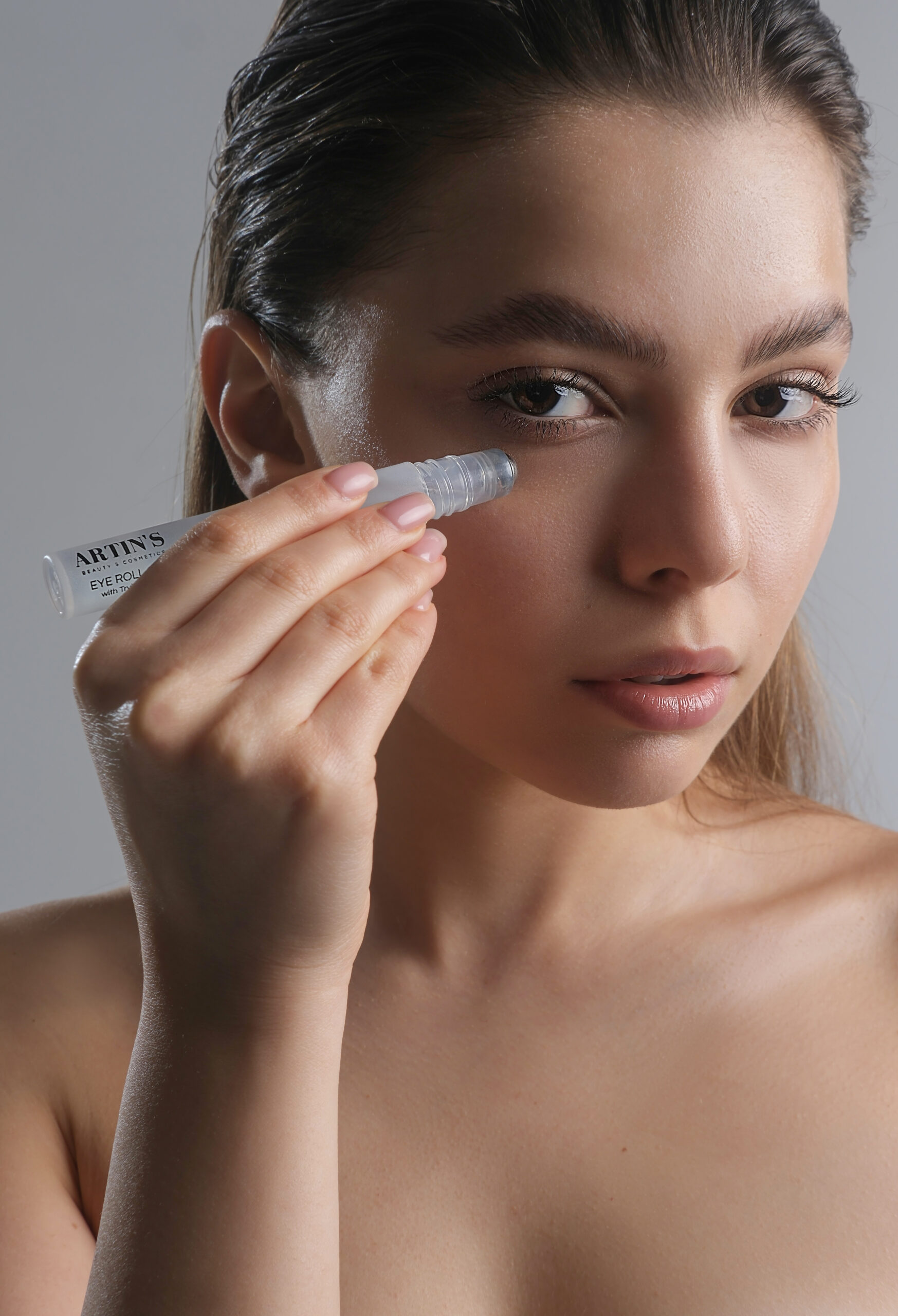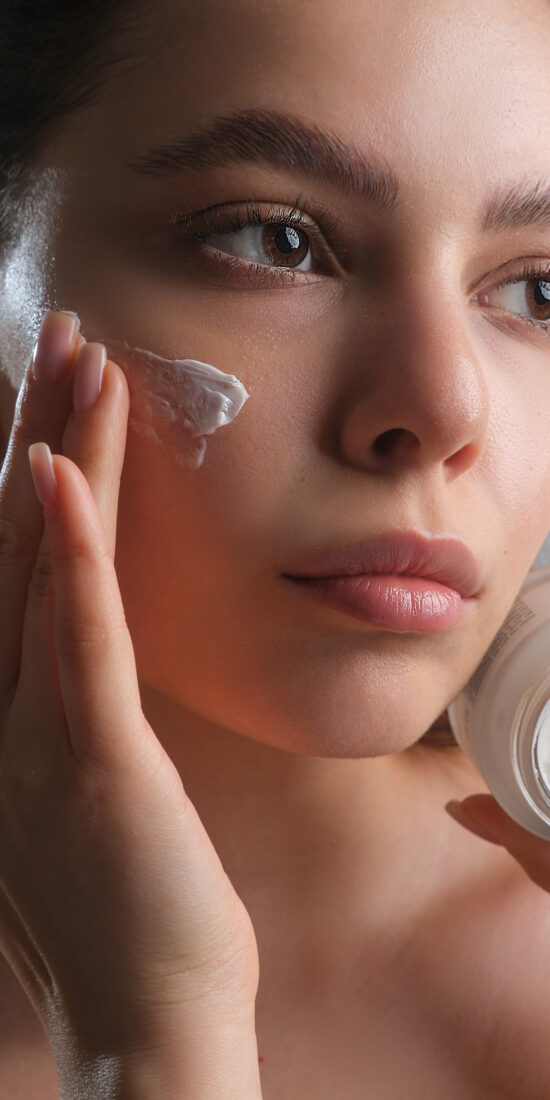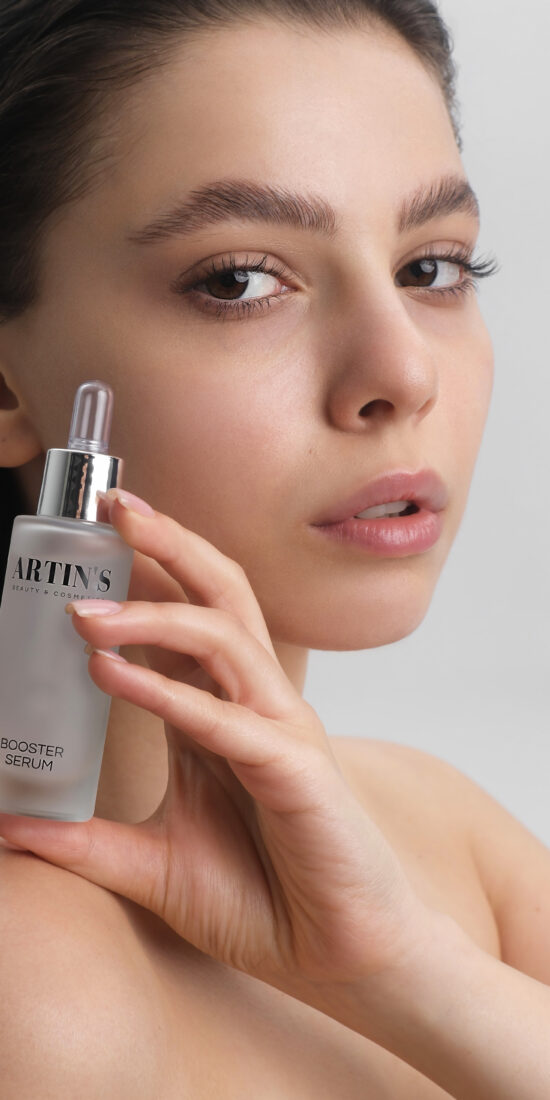
Anti-Aging Skincare: When to Start and Which Ingredients to Choose
Skincare is an integral part of our health and beauty routine. However, as we age, the skin gradually loses its elasticity and radiance, revealing visible signs of aging.
There are many myths surrounding anti-aging skincare, but the key point is that it’s not only about addressing existing issues—it’s also about prevention.
In this article, we’ll discuss the right time to start an anti-aging routine, the key ingredients to prioritize, and the ideal age to incorporate anti-aging products into your skincare regimen.
When Should You Start Using Anti-Aging Skincare?
It’s a common misconception that anti-aging skincare should only begin after the age of 35-40. However, experts advise taking preventive steps as early as 25, as this is when collagen production starts to decline, affecting the skin’s elasticity.
Age Groups and Skincare Recommendations
20-25 Years Old
At this stage, the skin is naturally radiant and elastic due to stable collagen and elastin production. However, focusing on prevention is key to maintaining its youthful appearance.
- Moisturizing
Choose lightweight moisturizers with hyaluronic acid and glycerin to keep the skin hydrated and balanced.
- Sun Protection
Daily use of SPF 30 or higher is essential to protect against premature wrinkles and pigmentation.
- Cleansing
Opt for gentle cleansers, such as foams or gels, that won’t dry out the skin of its natural moisture.
What to Avoid
Avoid using strong anti-aging ingredients like retinol or AHA acids, as these are not yet necessary. At 25, such ingredients should only be used under professional guidance.
25-35 Years Old
During this stage, the skin’s natural repair processes begin to slow down, and external factors (sun exposure, pollution, poor diet) can start to take a toll. It’s important to incorporate antioxidants into your skincare routine.
- Antioxidants
Use serums rich in vitamin C, vitamin E, or niacinamide to protect the skin and enhance its brightness.
- Mild Anti-Aging Products
Consider introducing low concentrations of retinol (0.2%-0.5%) to promote cell renewal and prevent the formation of wrinkles.
- Deep Hydration
Opt for products containing hyaluronic acid and panthenol to maintain the skin’s moisture levels.
Additional Tip
The delicate skin around the eyes may start to show fine lines, so using an eye cream can be beneficial.
35-45 Years Old
At this stage, the skin begins to lose firmness due to a significant decline in collagen and elastin production. Skincare should focus on maintaining elasticity and restoring hydration.
- Collagen Boosting
Incorporate products with retinol (0.5%-1%), peptides, and AHAs (e.g., glycolic acid) to stimulate collagen production and smooth the skin’s texture.
- Antioxidants
Continue using vitamin C to even out skin tone and enhance radiance.
- Hydration and Repair
Opt for rich moisturizers with hyaluronic acid, ceramides, and anti-aging oils like refined avocado or jojoba oil to keep the skin deeply hydrated and nourished.
Include Night Care
Night creams with restorative ingredients help repair and rejuvenate the skin while you sleep.
45+ Years Old
After 45, the skin undergoes more noticeable changes, becoming thinner, drier, and less dense. Anti-aging care should focus on intensive restoration and hydration.
- Structural Support
Use products with peptides and high-concentration retinol (1% or more) to improve skin density and firmness.
- Deep Nourishment
Choose rich, oil-based creams containing squalane, shea butter, or hyaluronic acid for intense hydration and nourishment.
- Advanced Antioxidants
Incorporate coenzyme Q10, vitamin E, and niacinamide to fight oxidative stress and protect the skin at a cellular level.
- Brightening Ingredients
Use AHAs and vitamin C to balance skin tone and reduce pigmentation for a brighter complexion.
Key Ingredients in Anti-Aging Skincare
- Retinol (Vitamin A)
Retinol is a powerful ingredient that accelerates cell renewal, reduces wrinkles, and improves skin elasticity.
Who can use it?
Suitable for individuals 25 years and older, in concentrations of 0.2%-0.5%.
- Hyaluronic Acid
This ingredient deeply hydrates the skin and maintains its softness, preventing fine lines caused by dryness. Hyaluronic acid-based products can be used daily, either in the morning or evening.
- Vitamin C
A potent antioxidant, vitamin C protects the skin and boosts collagen production. It can be used regularly both in the morning and evening.
- Peptides
Peptides help restore skin structure by promoting collagen and elastin production.
- SPF (Sunscreen)
UV rays are one of the primary causes of premature skin aging. SPF protects the skin from pigmentation and wrinkles.
Anti-Aging Care for Different Skin Types
- Dry Skin
Focus on hydration. Look for products containing hyaluronic acid, glycerin, and ceramides.
- Oily Skin
Choose lightweight, non-comedogenic products in gel or serum form. Salicylic acid or niacinamide can be beneficial.
- Sensitive Skin
Prevent irritation by using antioxidants and soothing ingredients such as aloe vera and panthenol.
Skincare Routine
Step 1: Cleansing
Use a gentle cleansing gel or foam to avoid disrupting the skin’s natural protective barrier.
Step 2: Toning
A toner restores the skin’s pH balance and preps it for the next steps.
Step 3: Serum
Serums are rich in active ingredients such as retinol, vitamin C, or hyaluronic acid.
Step 4: Moisturizing
Apply a moisturizer suited to your skin type and needs.
Step 5: SPF
The final step in your morning routine should be applying sunscreen with SPF 30 or higher.



